
views
Possible Causes of Vivid Dreams

Stress and anxiety If you're experiencing a lot of stress and anxiety in your waking life, that can have a profound impact on your sleep. In addition to leading to sleep disturbances, it can also cause you to have more vivid dreams. Vivid dreams caused by stress and anxiety are more likely to be upsetting or frightening dreams.

Alcohol or drug use Alcohol and recreational drugs can sometimes lead to vivid dreams, especially if you partake on a regular basis. On the other end of the spectrum, alcohol suppresses REM sleep, so if you used to drink frequently, abstaining from alcohol can actually lead to more vivid dreams.

Hormonal shifts Changes in the hormones in your body, especially those associated with pregnancy, can lead to vivid dreams. In the later stages of pregnancy, you're also more likely to have upsetting or frightening dreams that are particularly vivid. Other dramatic hormonal shifts, such as those associated with puberty, menopause, or hormone replacement therapy, can also cause vivid dreams.
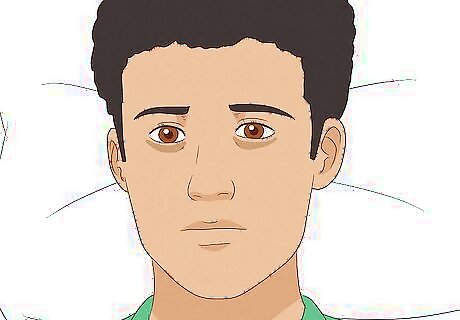
Sleep deprivation If you haven't had a good night's sleep in a while, such as if you suffer from insomnia, you might experience an REM rebound. The more REM sleep you have in a night, the more likely you are to also have vivid dreams—especially nightmares. Fortunately, your nightmares and vivid dreams will typically stop on their own once you've had several nights of sufficient sleep.

Sleep disorders Narcolepsy (a sleep disorder that causes excessive daytime sleepiness) in particular is associated with vivid dreams. People with narcolepsy frequently report experiencing vivid and bizarre dreams. Other sleep disorders, including sleep apnea and restless legs syndrome, can sometimes trigger vivid dreams. If you're woken up in the middle of REM sleep, you're also more likely to remember your dreams more vividly than if you have the opportunity to progress through the sleep cycles before waking.
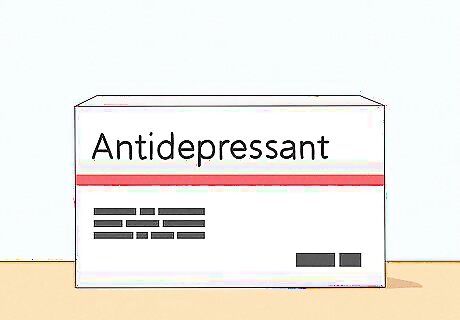
Medications Stimulants, some prescription sleep aids, antidepressants, and blood pressure medications have all been linked with an increase in vivid dreams, and particularly nightmares, in some patients. These drugs might cause you to have more vivid dreams than you have in the past. They can also increase the vividness of the vivid dreams that you already have. Some medications have actually been taken off the market because of this side effect, even though vivid dreams aren't harmful in and of themselves.
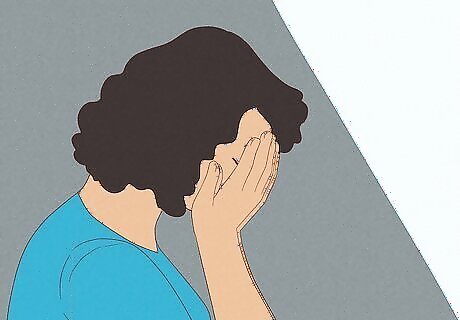
Physical or mental health conditions Mental health conditions such as depression, anxiety, borderline personality disorder, and schizophrenia have been linked to vivid dreams, especially nightmares. Nightmares are also strongly connected to post-traumatic stress disorder (PTSD). Sleep disturbances, including vivid dreams, are also associated with age-related neurological conditions, such as Alzheimer's or Parkinson's disease.
What are vivid dreams?

Dreams that feel emotionally intense and real are "vivid dreams." Dreams happen during the REM (rapid eye movement) stage of sleep. When you dream, the parts of your brain that process sensory information are active, but the rational, reasoning parts of your brain aren't. That's why the weird parts of your dream only seem weird when you recall your dream after you wake up. Vivid dreams are just like any other dream, except that they seem more real and you can recall more details from them. You're most likely to remember a vivid dream if you're awoken in the middle of REM sleep, such as by an alarm clock. International intuitive counselor and happiness coach Kari Samuels recommends that you "pay attention to your dreams because your dreams are always telling you something that your conscious mind doesn't want to pick up on."
Preventing Vivid Dreams

Practice good sleep hygiene. Good sleep hygiene includes going to bed at the same time every night and establishing relaxing routines before bed. When you practice good sleep hygiene, your mind and body are prepared for sleep so you can fall asleep more quickly and awake refreshed. You're also less likely to awake during the REM cycle, which is when vivid dreams occur. Other good sleep hygiene practices include: Turn off all electronics at least an hour before bed. Only use your bedroom for sleeping or sexual activity. Keep your bedroom cool and completely dark at night. Take a warm bath or shower 20-30 minutes before bed. Avoid caffeine for at least 6 hours before you plan to go to bed.

Use relaxation techniques to manage stress and anxiety. Try deep-breathing exercises or practice yoga to help promote relaxation in your mind and body. These techniques, along with establishing a regular meditation practice, can help ease the negative effects of stress and anxiety. Relaxation techniques are especially important if you've determined that daytime levels of stress and anxiety are potentially causing your vivid dreams.

Avoid alcohol and recreational drugs. Alcohol and recreational drugs mess with your sleep quality generally, but they can also cause you to have vivid dreams, especially ones that are upsetting. Even if you don't abstain entirely, cut off substance use at least a couple of hours before you go to bed to lower the risk of having vivid dreams. Withdrawal from alcohol and recreational drugs has also been linked to nightmare disorder, which involves repeated vivid dreams that are scary.
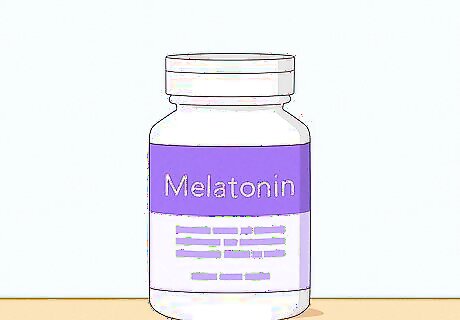
Try taking a melatonin supplement. For people with some sleeping disorders, melatonin supplements can reduce vivid dreams. For everyone else, there's conflicting research on how melatonin affects dreams—but it probably won't hurt to try it and see if you notice any difference. Talk to your doctor before you commit to melatonin supplements on a regular basis, especially if you've been prescribed other medications. There've been no studies on the long-term effects of melatonin supplements. For some people, melatonin actually increases REM sleep, which can increase vivid dreams as well.
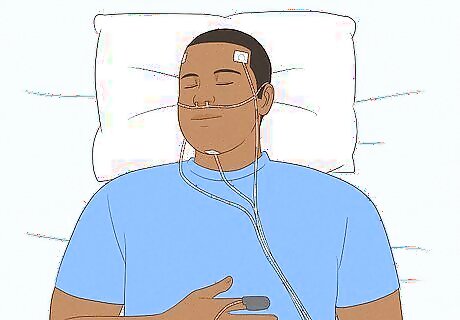
Do a sleep test if you think you have a sleep disorder. Start with your personal doctor and tell them that you think you might have a sleep disorder. They can refer you to the right specialists to conduct a sleep test and find out what treatments would work best for you. #*A lot of the basic principles of good sleep hygiene can help with sleep disorders as well, so make sure you're already doing all of those things.
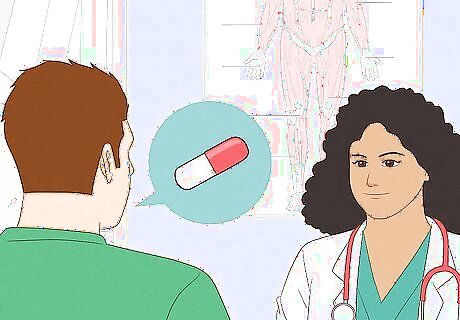
Consult your doctor about your medications. If you've been prescribed a medication that you think is causing vivid dreams that are disturbing you, ask your doctor about it. They might be able to prescribe you something else that will treat your condition without this side effect. Be sure to tell your doctor about any other medications you're taking, as well as any steps you've taken to try to prevent vivid dreams on your own.
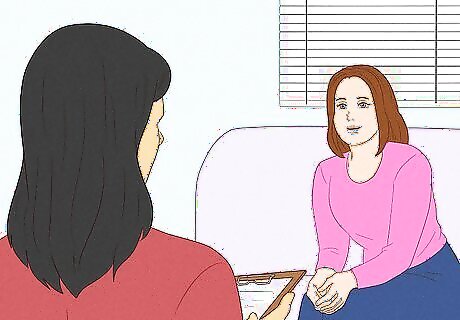
Talk to a therapist. If your vivid dreams are caused by stress, anxiety, or other mental health conditions, talk therapy might be helpful. A therapist can also help you make sense of your dreams and the thoughts in your waking mind so that these become less frightening or troublesome for you. If you're experiencing nightmare disorder, there are specific forms of cognitive behavioral therapy that can help.














Comments
0 comment